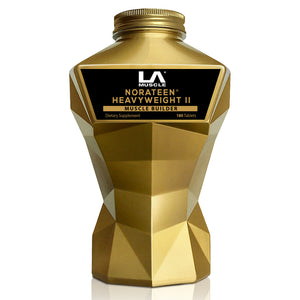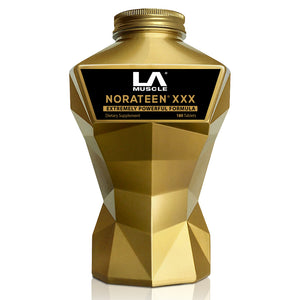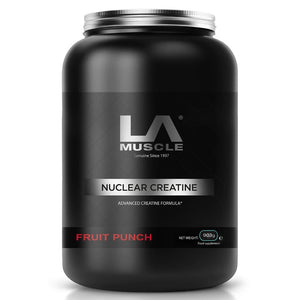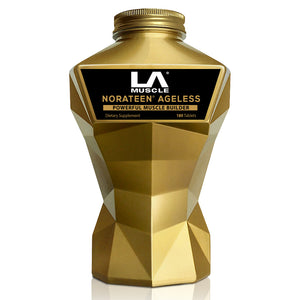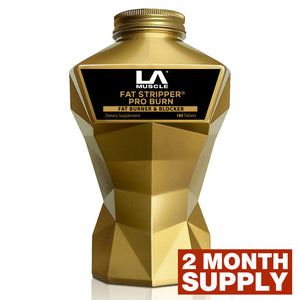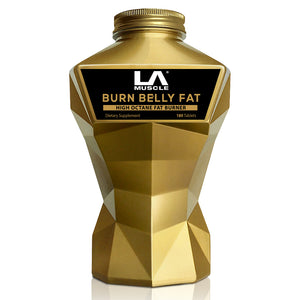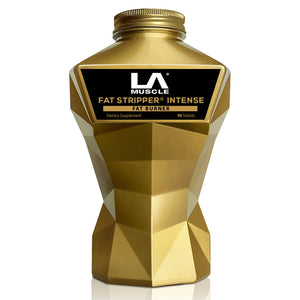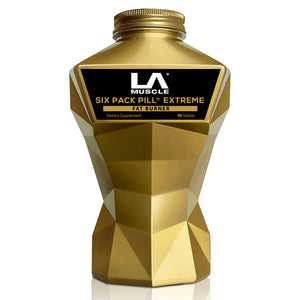
Erectile dysfunction (ED) is a widespread health concern affecting millions of men worldwide. This condition, characterised by the inability to achieve or maintain an erection sufficient for sexual activity, has implications for quality of life, self-esteem, and intimate relationships. Although various pharmaceutical interventions are available, the interest in natural, dietary strategies for managing erectile dysfunction is on the rise. Dark chocolate, a potent source of antioxidant compounds, has been suggested as a promising ally in the fight against ED.
Dark Chocolate: An Overview:
Derived from the Theobroma cacao tree, dark chocolate is rich in flavonoids, particularly flavanols, which have significant health benefits. These compounds possess potent antioxidant, anti-inflammatory, and vasodilatory properties. Dark chocolate also contains a small amount of caffeine and theobromine, stimulants known to influence blood flow and mood.
The Flavonoid Factor:
Flavonoids in dark chocolate, especially epicatechin, catechin, and procyanidins, have been found to increase the bioavailability of nitric oxide (NO) in the endothelium, the inner lining of blood vessels. Nitric oxide is crucial in the physiology of erection as it relaxes smooth muscle cells in the arteries, leading to vasodilation and increased blood flow. By enhancing NO bioavailability, flavonoids could potentially improve erectile function.
Supportive Research:
A study published in the American Journal of Clinical Nutrition in 2008 showed that flavonoid-rich cocoa improved endothelium-dependent vasodilation, a crucial factor in erectile function. Similarly, another study published in Circulation in 2014 revealed that higher chocolate intake was associated with a lower risk of future cardiovascular events, underscoring the heart-health benefits of flavonoids, which could also support erectile function.
A systematic review published in Sexual Medicine Reviews in 2021 found evidence suggesting that a flavonoid-rich diet, including dark chocolate, could reduce the risk of ED. However, the authors emphasised that more research is required to conclusively determine the role of flavonoids in ED treatment.
Blood Pressure Regulation:
High blood pressure is a known risk factor for ED. Flavonoids in dark chocolate have been found to lower blood pressure. A meta-analysis of 20 studies in the Journal of Nutrition in 2012 revealed that consuming flavonoid-rich cocoa products reduced blood pressure in both healthy individuals and those with pre-existing hypertension. By aiding blood pressure regulation, dark chocolate could indirectly help combat ED.
Hormone n Sensitivity and Weight Control:
Hormone resistance and obesity are often associated with ED. Dark chocolate, by improving Hormone sensitivity and providing a lower energy density than milk chocolate, may aid in weight control. A study published in the American Journal of Clinical Nutrition in 2015 revealed that people who ate more dark chocolate had a lower risk of developing diabetes, a condition frequently linked to ED.
Mood Enhancement:
Depression and anxiety are frequently linked to ED. Dark chocolate stimulates the production of endorphins, chemicals in the brain that create feelings of pleasure. It also contains phenylethylamine, a compound that has mood-enhancing effects. Thus, consuming dark chocolate may boost mood and contribute to improving ED, particularly when it has a psychological component.
The potential of dark chocolate in managing erectile dysfunction lies in its rich flavonoid content, which supports cardiovascular health, regulates blood pressure, and improves mood. However, while dark chocolate has an exciting potential role in managing ED, it should not replace traditional medical treatments. It's also important to remember that while dark chocolate is healthier than other types of chocolate, it is high in calories and should be consumed in moderation. As with any dietary intervention, individuals should consult with a healthcare provider before incorporating significant amounts of dark chocolate into their routine.
You can buy 100% dark chocolate (100% cocoa basically) which does not taste sweet and even tastes bitter or you can try 90% or 85% dark chocolate which tastes better and will still do the trick!



